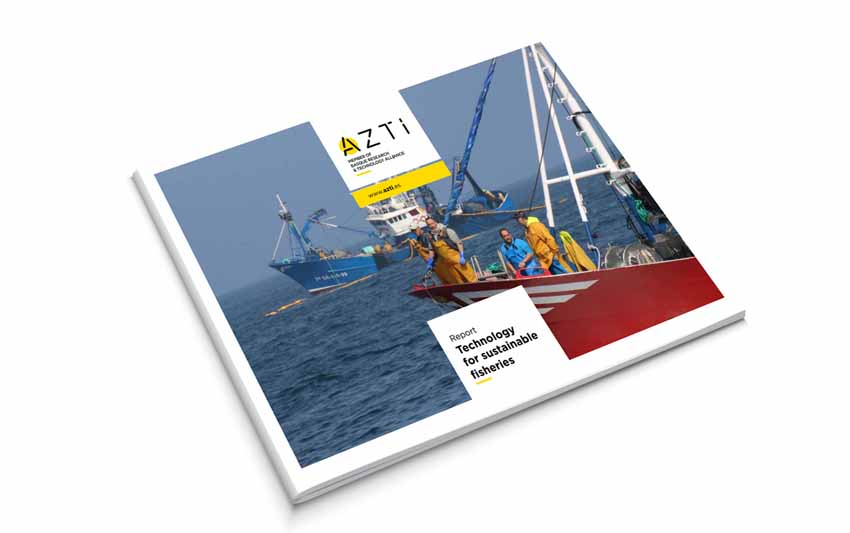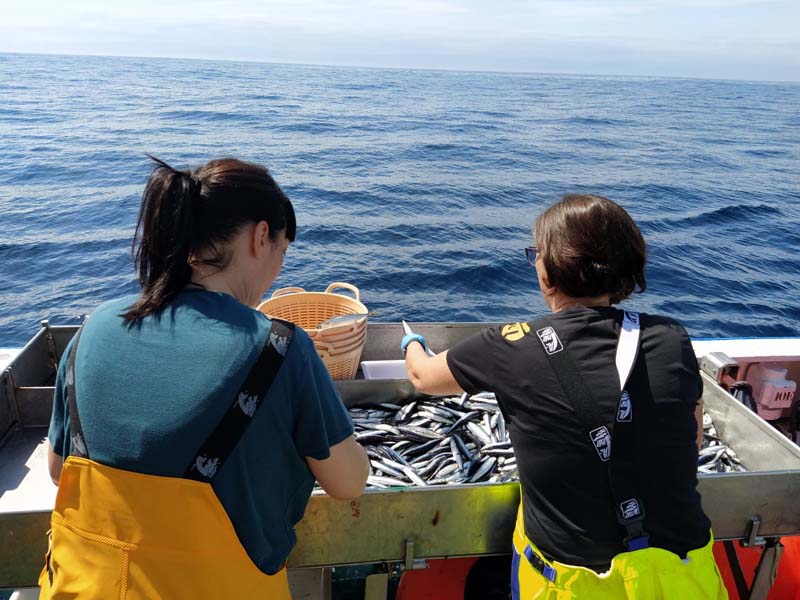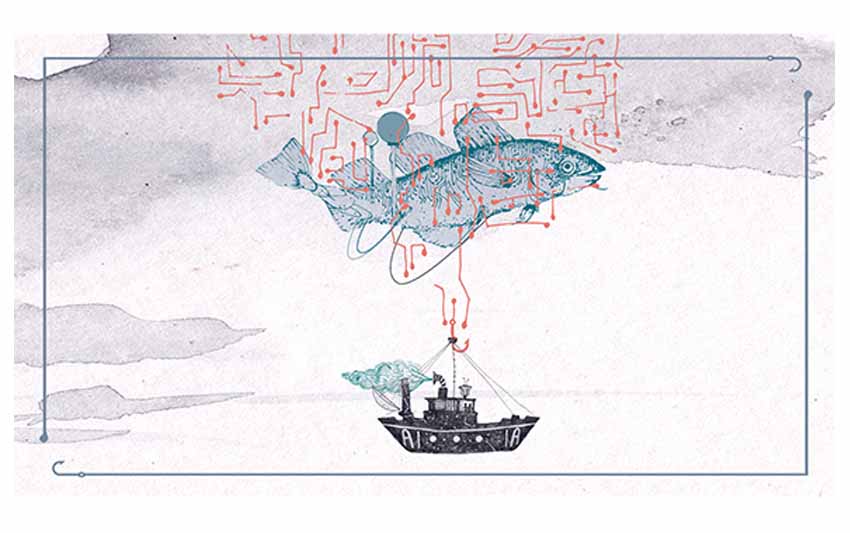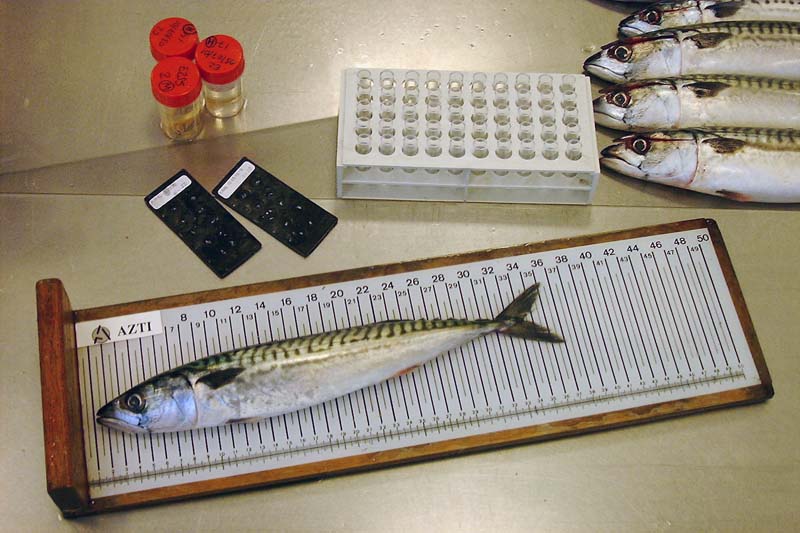Scientific research to ensure the sustainability of tuna fisheries in the Indian Ocean
Últimas noticias
Digital Transformation of the Fishing Fleet: AZTI Explores the Future of the Industry with AI and Sustainable Solutions
The replica of the San Juan will set sail on a scientific mission thanks to an agreement between Albaola and AZTI.
Artomaña Txakoli Achieves the Best Enviroscore Category (A), as a Result of Its Environmental Commitment
- The AZTI technology centre is leading an international initiative, funded by the European Union and the Indian Ocean Tuna Commission (IOTC), to develop and implement a plan for the collection of biological samples from tropical tuna in the Indian Ocean.
- The data collected will provide an insight into the productivity levels of this species, a key parameter for developing sustainable fisheries management plans
- The study will also estimate the age, growth, and reproduction of other marine animals such as swordfish or blue sharks
Pasaia, 15 December 2020 – Tuna is a high-quality source of protein that is essential for human nutrition, so it is essential to guarantee the preservation of the species. To achieve this, it is key to offer solutions to the tuna industry, such as implementing effective management of fishing, which allows to protect ecosystems and provides tools for their sustainability.
In this scenario, AZTI technology centre is leading an international initiative, financed by the European Union and the Indian Ocean Tuna Commission (IOTC), which consists of developing and applying a plan for collecting biological samples from tropical tunas, swordfish and blue shark located in the Indian Ocean.
“We will develop a plan to collect samples of otoliths, gonads and other body parts from the tunas, with the aim of analysing them and combining them with samples collected in previous research projects,” explains Gorka Merino, AZTI’s expert in tuna fisheries management.
After the analysis of these samples, estimates will be made on the age, growth and reproduction of the tunas, but also of other marine animals such as swordfish or blue sharks.
The conclusions of the study will be presented to the Indian Ocean Tuna Commission with the aim of providing an insight into the productivity levels of these stocks, a key parameter for the development of sustainable fisheries management plans.
“Data on fish growth, together with information on fish reproduction and mortality, determine the productivity of the stocks. This information is essential for effective fisheries management, which contributes to the conservation of tunas and other species” the researcher adds.
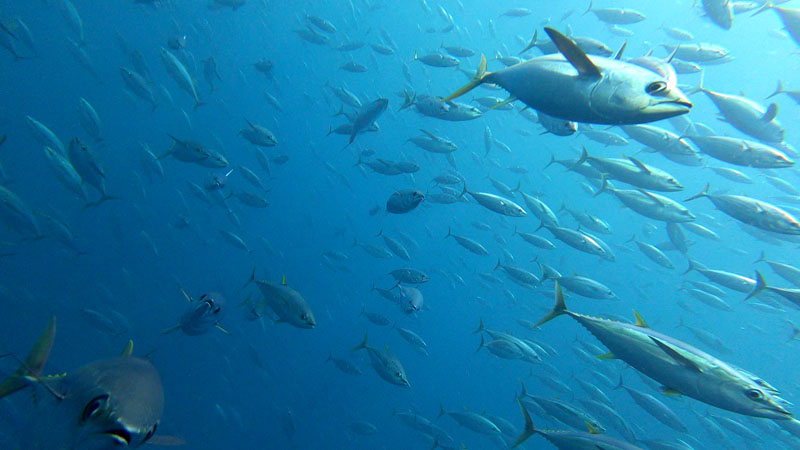
Vital fishing grounds
The Indian Ocean is a fishing ground of vital importance for the sustainability of tuna fisheries. Not only because of the volume of annual catches, but also because its waters are home to three valuable tuna species that are commonly caught in conjunction: bigeye, yellowfin, and skipjack.
The annual catch statistics tropical tuna species demonstrate the importance of their fisheries. According to the latest data collected in 2017, of the 249,714 tonnes of this fish that Spanish fishing vessels bring into their holds each year in the Atlantic, Pacific and Indian Oceans, 55% comes from the latter, with a total of 136,991 tonnes.
These figures also translate into economic profitability. Thus, the total of 70 vessels that make up the Spanish fleet generate 891 million euros in income, of which 400 are originated in the Indian Ocean, where a total of 23 cargo vessels operate and 1266 jobs are generated.
“There are no alternative fishing grounds for catching the species, so it is vitally important to find solutions that ensure the sustainability of the sector”, the AZTI expert said.
Furthermore, according to estimates on the horizon, in the next 30 years world fish consumption is expected to increase fourfold and this demand will be difficult to satisfy, provided that most natural marine resources are exploited at their maximum sustainable yield.
“Science-based advice, stakeholder involvement and regional co-operation are essential to protect and conserve fish resources and ecosystems such as those of the tuna industry,” Merino added.
The project involves technology centres and organisations from different parts of the world to ensure access to the most productive tuna areas. Specifically, the research centres CSIRO (Australia), IRD (France) and ISSF (United States) and the regional entities RITF (Indonesia), WWF Pakistan (Pakistan), SFA (Seychelles) and MMRI (Maldives) are participating in the initiative.
